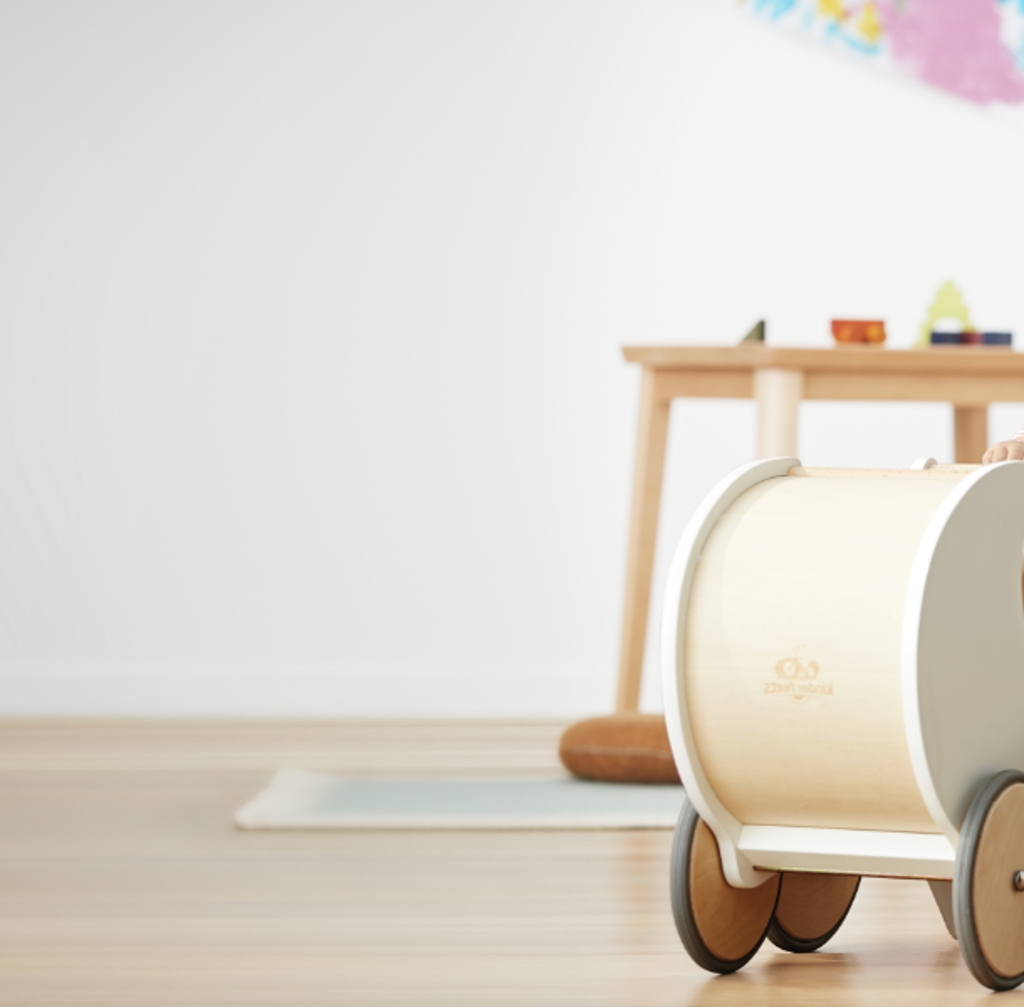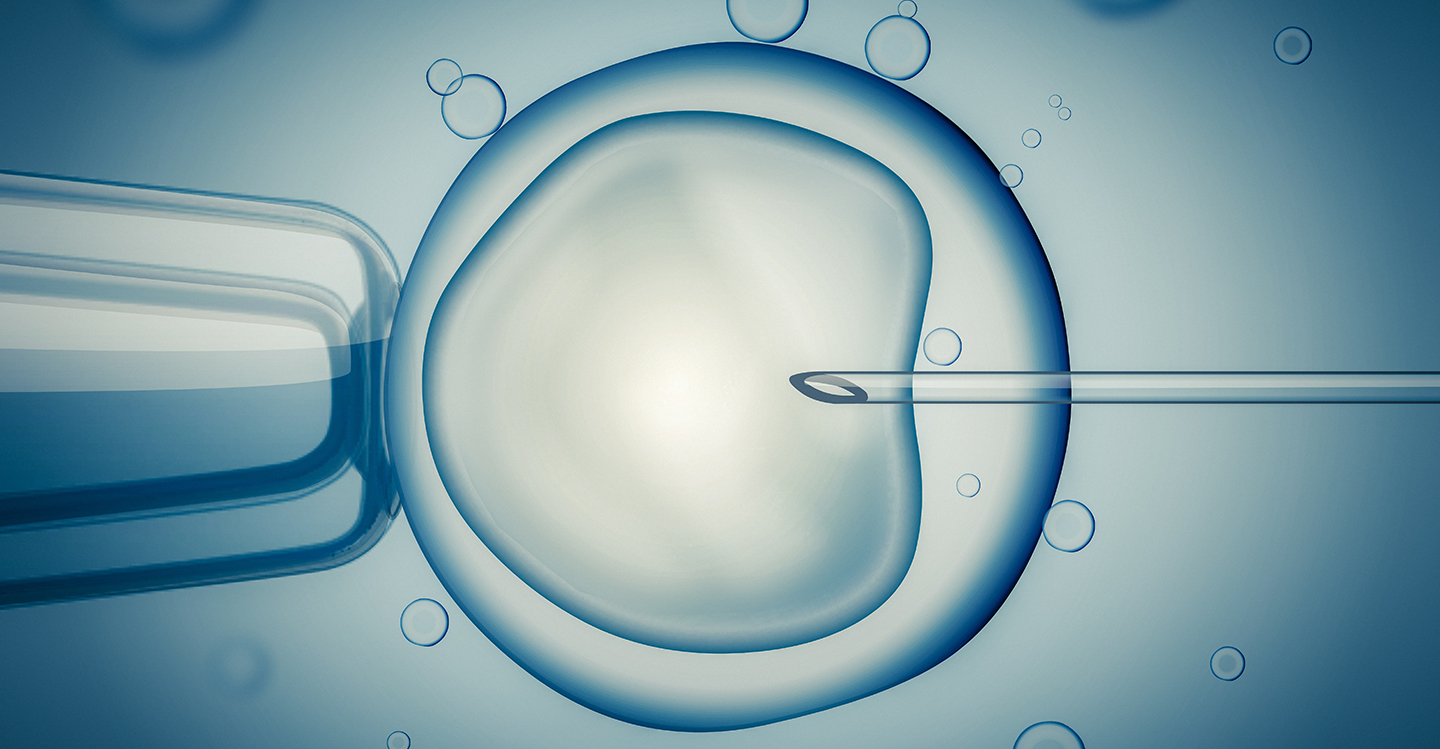What is IVF?
IVF is the common acronym for in vitro fertilisation. IVF is a process conducted under laboratory conditions that introduce sperm to a woman’s egg in a petri dish. Once fertilised, the embryo is implanted in the woman’s uterus with the intent of becoming a viable pregnancy.Why do some women need IVF?
IVF is only one of several ARTs for pregnancy. IVF might be recommended for some of the following reasons:- A woman has blockages in her fallopian tubes that cause irregular or difficult ovulation
- There are minor problems with a partner’s sperm, such as decreased motility (movement)
- Intrauterine insemination hasn’t worked (that is, injection of sperm into the uterus and into the proximity of the egg)
- The use of fertility drugs such as clomiphene, an ovulation-inducing drug, has failed
- Trying from between six months to a year to conceive has not resulted in pregnancy.
How does IVF work?
Think of IVF as a process rather than a procedure. IVF is conducted over several weeks at a specialist clinic and generally goes through:- Stimulation of the ovaries and release of the eggs
- Collection of the eggs
- Introduction of the sperm (the IVF part – literally ‘in glass fertilisation’), either from a partner or a donor
- Cultivation of the embryo/s (excess fertilised embryos can be frozen for subsequent attempts)
- Implantation of the embryo into the woman’s uterus.
What is the success rate of IVF?
Across couples and individuals who undergo IVF, the success rate is relatively high, and even comparable to unassisted conception.
Some clinics report figures of successful embryo transfer – that is, viable embryo implantation into the uterus – of between 50% for women under 30 and 20% for women over 40. Keep in mind that the embryo then needs to successfully take in the womb and start to develop.
What are the costs of IVF?
IVF costs vary between clinics. IVF and its related services are covered or partly covered under Medicare and certain private health policies. A rough estimate of out of pocket expenses for a full IVF cycle is around $4000. Less complex procedures such as in uterine insemination (IUI) can be as much as less than half the cost of IVF.Are IVF babies different to other babies?
No. Babies conceived using IVF are no different to those conceived using unassisted conception. Due to the use of medications throughout the process, some complications might arise in the mother. These are similar to the unpleasant symptoms of early pregnancy and will usually pass.Who can I talk to about IVF?
A range of health professionals and support networks can offer advice before you visit a private clinic. Community health centres, local GPs, obstetricians, gynaecologists and family planning centres can each give you further information and answer any questions you might have regarding IVF and you.
*The above should not be considered a substitute for professional medical advice. Always seek the advice of trained medical professionals.

